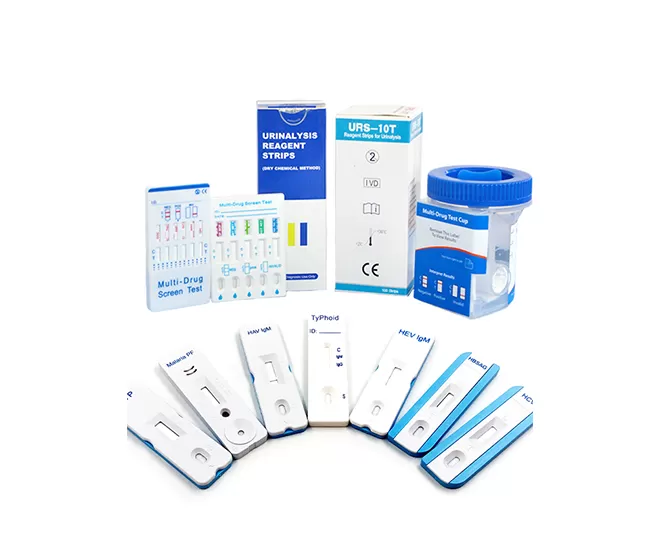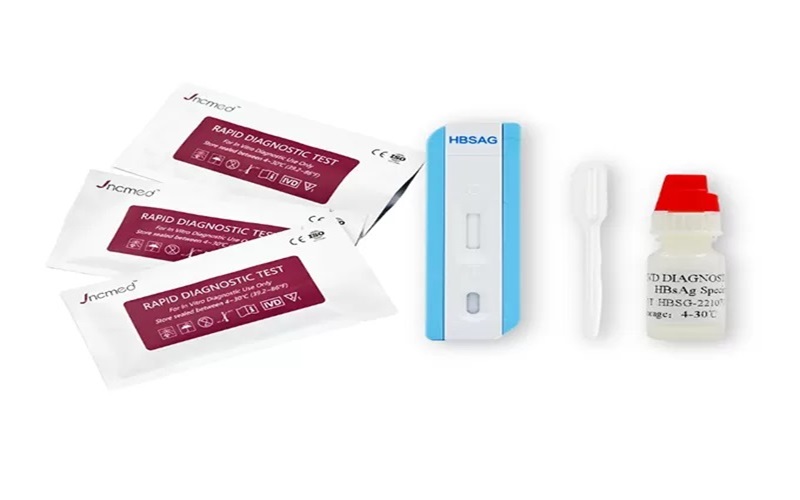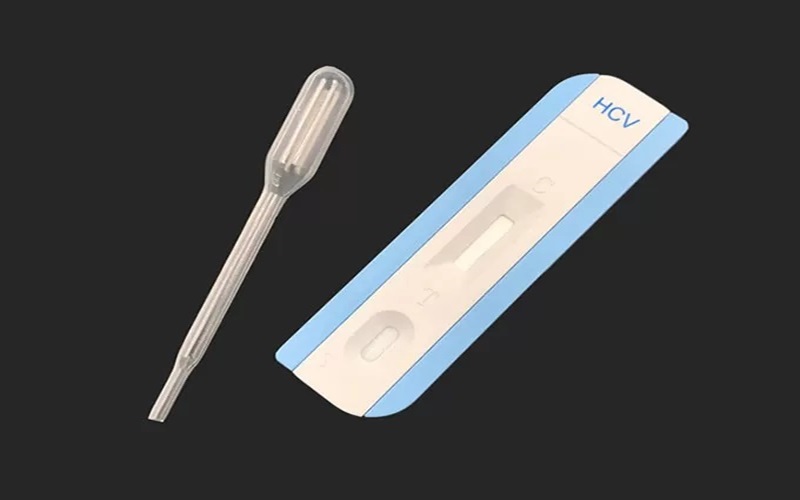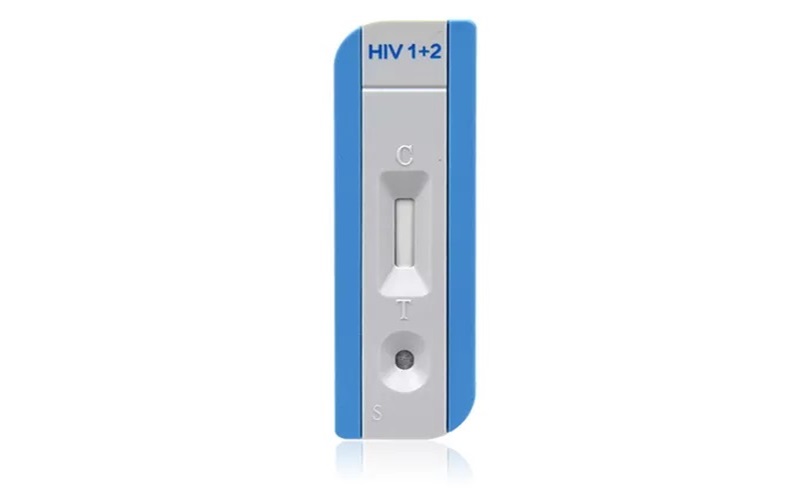In vitro diagnostic reagents are indispensable tools in modern medicine, widely used in the early detection, diagnosis, monitoring, and prognosis evaluation of diseases. In particular, the role of in vitro reagents has become increasingly significant in providing accurate and timely medical information. This article will explore the types, functions, application scenarios, and future development trends of in vitro diagnostic reagents, helping customers better understand this important medical field. By delving into the specifics of in vitro reagents, we aim to shed light on their critical contributions to healthcare and their potential for future innovations.

Types of In Vitro Diagnostic Reagents
There is a wide variety of in vitro diagnostic reagents, each with its specific uses and characteristics. Here are some common types of in vitro diagnostic reagents:
Biochemical Reagents
Characteristics: Used to detect chemical components in body fluids such as blood and urine.
Uses: Detection of indicators such as blood sugar, blood lipids, liver function, kidney function, etc.
Immunological Reagents
Characteristics: Uses antigen-antibody reactions for detection.
Uses: Detection of infectious diseases, tumor markers, hormone levels, etc.
Molecular Diagnostic Reagents
Characteristics: Based on nucleic acid amplification technologies (such as PCR).
Uses: Detection of gene mutations, pathogen DNA/RNA, etc.
Microbiological Reagents
Characteristics: Used for detecting and identifying pathogenic microorganisms.
Uses: Detection and drug sensitivity testing of bacteria, viruses, fungi, etc.
Hematological Reagents
Characteristics: Used for counting and classifying blood cells.
Uses: Complete blood count, white blood cell classification, etc.
Coagulation Reagents
Characteristics: Used to detect blood coagulation function.
Uses: Detection of coagulation time, coagulation factor levels, etc.
Functions of In Vitro Diagnostic Reagents
In vitro diagnostic reagents have multiple functions in medical diagnostics:
Early Detection: Enables early detection of diseases to improve treatment outcomes.
Disease Diagnosis: Provides accurate diagnostic evidence to assist doctors in formulating treatment plans.
Therapeutic Monitoring: Monitors changes in biomarkers during treatment to evaluate therapeutic efficacy.
Prognosis Evaluation: Assesses the prognosis of diseases by detecting specific indicators.
Health Screening: Used for health check-ups and screenings to prevent the occurrence of diseases.
Application Scenarios of In Vitro Diagnostic Reagents
In vitro diagnostic reagents are widely used in various clinical and laboratory settings:
Hospitals and Clinics: Used for disease diagnosis and monitoring, such as routine tests for blood sugar, blood lipids, liver function, etc.
Public Health: Used for the screening and monitoring of infectious diseases, such as COVID-19, HIV, etc.
Research Institutions: Used for basic research and clinical trials, such as studies on gene mutations, protein expression, etc.
Home Self-Testing: Used for home health monitoring, such as glucometers, urine test strips, etc.
Pharmaceutical Companies: Used for drug development and clinical trials, such as drug metabolism, efficacy evaluation, etc.
Methods of Using In Vitro Diagnostic Reagents
Correct use of in vitro diagnostic reagents is crucial to ensure their accuracy. Here are some basic methods of use:
Sample Collection: Collect appropriate samples according to the detection project, such as blood, urine, saliva, etc.
Reagent Preparation: Prepare reagents according to the instructions to ensure their effectiveness and stability.
Detection Operation: Perform detection according to standard operating procedures to ensure the accuracy and consistency of operations.
Result Interpretation: Interpret results comprehensively, combining clinical symptoms and other tests.
Quality Control: Perform regular quality control to ensure the accuracy and reliability of test results.
Future Development Trends
With the advancement of technology, future development trends of in vitro diagnostic reagents include:
High-Throughput Testing: Achieving rapid testing of large-scale samples through high-throughput technology.
Multiplex Testing: Developing multiplex detection reagents to simultaneously test multiple indicators, improving detection efficiency.
Portable Devices: Developing portable testing devices for immediate detection and home self-testing.
Personalized Diagnosis: Providing personalized diagnosis and treatment plans based on genomics and proteomics.
Intelligent Analysis: Achieving intelligent result analysis and interpretation through artificial intelligence and big data technology.
In vitro diagnostic reagents play an irreplaceable role in modern medicine. Through continuous technological innovation and functional optimization, in vitro diagnostic reagents not only improve the accuracy of early disease detection and diagnosis but also provide important support for personalized medicine and precision treatment. In the future, with further technological advancements, in vitro diagnostic reagents will usher in broader development prospects.



